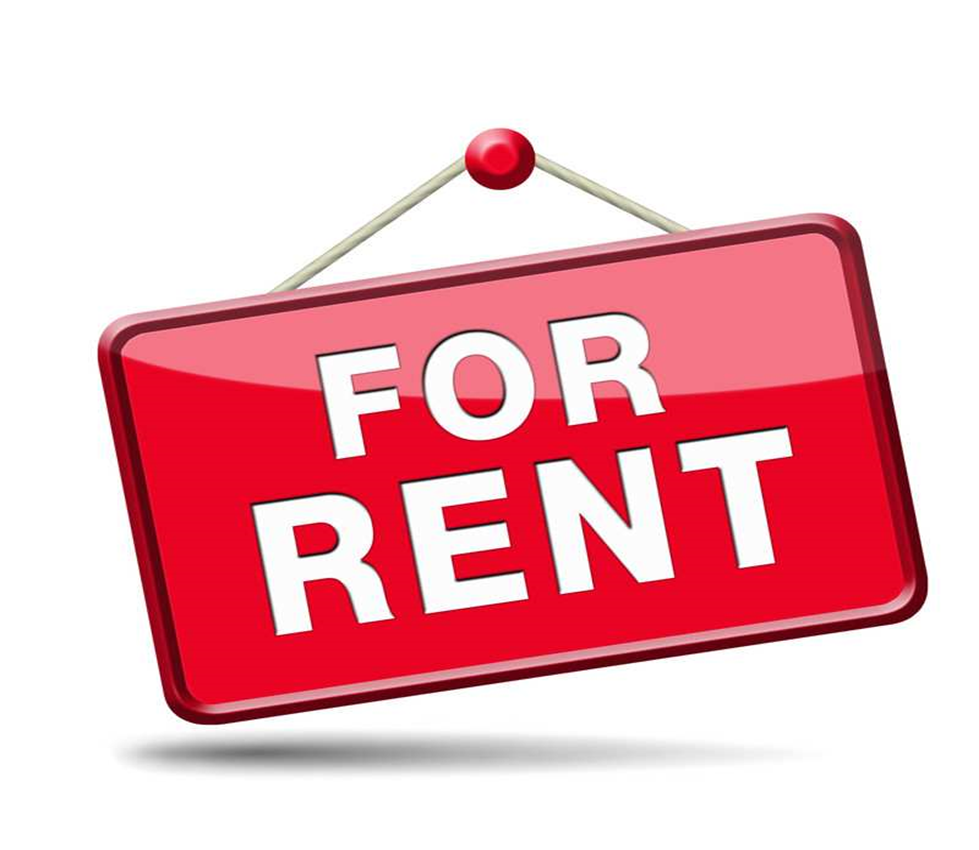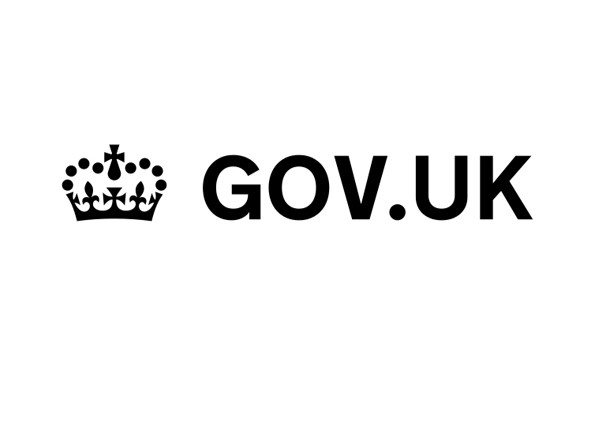Thinking of Renting a business property: GOV.UK detail tenant responsibilities

Gov.uk offers advice to all tenants
Renting a business property: tenant responsibilities – GOV.UK (www.gov.uk)
Tenant responsibilities
When renting a property for your business, you have some responsibilities by law – but most will depend on what it says in the lease.
Health and safety
You must carry out a health and safety risk assessment in the workplace and take action to remove any hazards.
You’ll normally be responsible for:
- fire safety
- safety of electrical equipment
- gas safety – you must maintain equipment according to the manufacturer’s instructions, which could mean an annual inspection by a registered gas safety engineer to make sure appliances and pipework are safe
- managing asbstos
- a reasonable temperature
- enough space, ventilation and lighting
- toilets and washing facilities
- drinking water
- safe equipment
Health and Safety Executive’s ‘Workplace health, safety and welfare: a short guide for managers’ has more details.
Your landlord is responsible for any aspects of health and safety written in the lease, for example in communal areas. You must take reasonable steps to make sure your landlord fulfils these responsibilities.

Disputes
If you get into a dispute with your landlord, you need to keep paying rent – otherwise you may be evicted.
If you do not follow health and safety rules
You can be prosecuted if you do not follow health and safety rules. The main law covering health and safety at work in the UK is the Health and Safety at Work etc. Act 1974.
The Health and Safety Executive (HSE) and local councils are responsible for making sure you follow the law. Read the Health and Safety Executive’s ‘Health and safety regulation: a short guide’.

Moving out
When you move out, you may have to pay for certain repairs, or return the property to the state it was in when you first rented it. The repairs you’ll need to make are called ‘dilapidations’ and should be written in the lease.
Any responsibility that is not mentioned in the lease will usually be yours as the tenant.
 Some additional things to remember
Some additional things to remember
Make sure you pay rent on time, otherwise it could attract interest, penalty charges, or even eviction.
Work with your landlord, if you are struggling, let them know as soon as possible.
Most leases do not let you withhold or deduct any payments for any reason. There can be severe penalties in these situation.
It is common for commercial leases to stipulate that the Landlord arrange an element of insurance. This is often not tenant insurance and tenants may not make a claim on this policy.
Tenant’s should arrange full cover themselves for any element of the lease they are responsible for. In a full repairing lease, that could be the whole building. However, at a minimum it will usually always mean the interior of the property and any stock.
Commercial Lease usually state that Landlord Insurance must be paid on presentation of the cover note.
Landlord Insurance has increased significantly since domestic terrorism incidents, such as in the Manchester arena. Premiums vary depending on the proposed use of the building by the tenant. A high-risk turnover business, such as a betting shop, which may have above average cash handling facilities, possibly a physical safe or lock room, will always attract a higher premium than a charity shop.
A Landlord Insurance premium was recently viewed for a high-risk business based in London, which was some £5,000. Also, four further low risk retail establishments in the same area were approximately £1500 to £4000. These are prices based on policy premiums seen in July 2022.
Talk to your Landlord is trade is good, also if it is not. Both Tenant and Landlord can elect to come together in this kind of situation, with mutual agreement help can be offered. Expect to produce proof of the Tenants position.
Never stop making rent payments or breach the lease without the Landlords written consent. If you do not, you may attract large penalties and in some cases the Tenant may still have to pay the lease to the end of the agreement regardless of if they are in the building or not. The legal position is often the same.
Lastly remember if you leave the property without the Landlords written permission. You may still be required to pay all the Business Rates until the lease ends.
This summary is offered to support you if you are considering entering into a lease. It is not designed to replace legal advice and cannot override it. It is simply a general overview of the thousands of commercial leases in place in England. Remember leases can be different and you must always get legal advice from a solicitor before entering into one.